|
The United States Interior Department along with the National Park Services are being slapped with lawsuits after adopting a rule that would allow for bears / cubs and wolves / pups to be baited and killed in their dens during denning season. The lawsuit comes after the NPS reversed a rule that prevented sport hunting on Alaska's national preserves with the intentions of slaughtering predators so that moose and caribou will become abundant for hunting purposes. Essentially, they are allowing the slaughter of bears and wolves so that they may slaughter moose and caribou more freely. This is abhorrent.
Several species of wolf and bear face the possibility of extinction so it's astounding to me that there would be an allowance on killing them. It is the responsibility of the NPS to conserve wildlife, not permit the slaughter of entire families of bears / wolves. This is the opposite of what their responsibility entails and it demonstrates a complete lack of empathy and commitment to the protection of animals.
At a time when we are witnessing some of the world's most beloved animals facing the possibility of extinction, our focus should solely be on conservation and rehabilitation. If we do not put all of our efforts in to protecting these animals, we are complicit in their eventual extinction. As humans, I believe it to be our responsibility to protect the world's most vulnerable species as we have given ourselves the utmost power on this planet. Our selfishness is continuing to spiral out of control and even those who are tasked with protecting animals are neglecting their responsibilities. It is immoral to manipulate the animal kingdom the way that we do. When we can somehow justify the slaughter of babies, we have lost all morals. When our selfishness permits us to slaughter entire families of animals to allow populations of prey animals to grow for the sole purpose of slaughtering them as well, we have failed in our responsibility to protect and conserve our planet. I truly hope these lawsuits put things into perspective and force the NPS to reverse their decision. Killing babies is wrong. Slaughtering entire families in their own dens is wrong. Doing so to allow for other animals to overpopulate only to be slaughtered is wrong. This cannot happen. I will update y'all once more information becomes available. HAPPY VEG
0 Comments
A new bill introduced in the United States will see animals like dogs, cats, and rabbits who were used in animal testing being adopted after testing concludes. The bill will see any testing facility that receives funding from the National Institute of Health responsible for setting up adoptions for animals used in testing. This will see approximately 200, 000 dogs, cats, and rabbits re homed after testing concludes.
The bill will also require testing facilities to keep records of all animals used for testing and make their numbers and adoptions available for the public to see. Once again, this is part of a broader plan to work towards phasing out animal testing whenever possible in favour of more humane methods. This bill will make it a national responsibility for facilities who receive government funding to re home animals after testing concludes. Several states have already enacted similar bills including California, Illinois, New York, and Maryland, but this will bill will make it a national responsibility of testing facilities.
Animal testing is abhorrent. Whatever we are testing for, whether it's cosmetics, or medicines, or experimental treatments, these animals are subjected to some pretty gruesome testing and endure side effects of said testing that can be agonizing. Untreated lesions, skin irritation tests, and being given illnesses and diseases to test new possible treatments. These animals deserve nothing less than being re homed and adopted out to loving families after having to endure these unnecessary tests. While I would much rather hear that animal testing was being phased out effective immediately, I cannot scoff at any bill or change that will benefit animals. I do find myself wondering what kind of mental and emotional damage we will have done to them before they are adopted out. I would imagine that these tests and their lives leading up to adoption would have seriously negative effects on these poor animals. Will they trust humans after what they've endured? That's where I find myself conflicted here. Ultimately, animal testing needs to be done away with and if this bill moves facilities away from live animal testing then I support it wholly. I do hope that facilities continue to move away from animal testing in favour of more humane practices sparing hundreds of thousands of animals from grueling tests being done to them. There's no justification for animal testing anymore when there are a plethora of other options available to researchers. Here's to an animal testing free future, it's possible and we're headed towards it! HAPPY VEG Our planet is in turmoil. Millions of species are at risk of going extinct because of our actions. Animals like Lions, Cheetahs, and Rhinos have lost half of their habitat to human development. Polar Bears are losing their habitat as sea ice continues to melt at an alarming pace. Coral reefs are dying because of humans. We are literally destroying every ounce of this planet because of our ignorance and greed. That's why this story is both unsurprising in that it should surprise no one that humans continue to yearn for more and yet totally shocking that the Trump administration would actually open up the arctic for the first time.
There will be immediate effects from the sudden presence of machinery and an abundance of humans. These are birthing / nursing areas for caribou who now will be discouraged form visiting the area, displacing them in search of new areas to birth and nurse their young. This will lead to human - polar bear conflicts which will undoubtedly end with polar bear deaths. There is also the potential for oil spills in an area that will never have seen that kind of destruction. An oil spill in the arctic would have devastating and irreversible effects that would not only affect these pristine and untouched lands, but all of the animals and Indigenous people who have called this area home for ages. Plus, a spill into the ocean would destroy Polar Bear hunting grounds, displace hundreds of thousands of animals and underwater species, and destroy the pristine lands of the untouched arctic.
There are a million reasons why this is a horrible idea but all it takes is the idea that there is profit to be made and those million reasons just disappear. Humans have proven time and time again that money is of the utmost importance over everything else. Our continued search for more is what is destroying our planet and ravaging the animal kingdom and it can all be traced back to human greed. This is yet another example of humans refusing to look at the bigger picture in search of short time gratification. It should matter that we could destroy the livelihoods of local Indigenous people. Itshould matter that we will destroy the habitat The Washington Department of Fish & Wildlife Services has slaughtered the last two remaining wolves from the Wedge Wolf Pack after conflicts with local livestock. Sickeningly, the WDFW has slaughtered 34 wolves, almost all of which were due to livestock conflicts and 29 of them for conflicts with the same livestock operator. It is clear the WDFW could care less about the survival of wolves in the state and would rather pander to the livestock industry than come up with a reasonable solution in managing the wolf / livestock conflicts.
The WDFW is proving to be negligent in their defense of wolves, pandering to the livestock industry at the expense of endangered animals. When you consider that 29 of the 34 wolves killed were for conflicts with the same livestock operator, that's an indication that there needs to be a change in the access to livestock for these hungry wolves. We're talking about watching the same problem happen 29 times without anything being done other than killing the wolves. The WDFW is tasked with protecting the wolves and yet their only course of action is to kill them. Pretty sickening that we're killing endangered animals for killing the animals we are going to kill for food, it's a vicious cycle that seems to lead back to the slaughter of wolves.
I am appalled by the lack of actual effort from the WDFW. If after 34 conflicts you still can't figure out a logical way to prevent continued conflicts with livestock, I don't think you should be the one in charge of protecting wolves and preventing conflicts. They don't appear to be taking this incredibly important task very seriously, instead, they are helping along the extinction of the very grey wolves in the state they are tasked with protecting. It's obvious that the WDFW is motivated by the lucrative livestock industry and the protection of grey wolves is a distant second in their priority books. It's time to strip the WDFW of their responsibility and allow a real conservation group to take charge and come up with real solutions to these continued conflicts, otherwise grey wolves will undoubtedly go extinct in the state of Washington. HAPPY VEG North Korea's Kim Jong-Un has reportedly ordered the seizure of pet dogs throughout the nation to be used for meat as the nation's economy has taken a downward spiral. The report claims that the North Korean Government has record of all of the people throughout the nation who have a registered pet dog and will begin seizing them immediately in order to supply the dog meat industry.
It has long been frowned upon to have pets in North Korea but as early as 1990 saw the wealthy throughout the nation begin obtaining dogs as a status of wealth. This caused outrage among the poorer of the nation who resented the wealthy and their opportunities causing a greater divide in the nation. Unfortunately, it seems now that those who own dogs as pets will now be subjected to having their dogs stripped from them for the dog meat trade.
I can't even imagine the horror of having to worry that government officials were going to burst into your home at any minute to rip your dog from your arms. There is something fundamentally wrong with this even being allowed but also unsurprising as we have seen Kim Jong-un overstep respectable boundaries many times in the past. This is also a nation full of oppressed people, starving people, people without access to enough food to feed their families, all while the nation's leader continues to enjoy a life of luxury. Adding in an order that makes it legal to come to your house and strip your pet from you is unsurprising but completely unacceptable. The dog meat trade is despicable and there is continued international outrage over the industry. Many farms throughout South Korea have already begun to close because of mounting pressure and a change in society's view of dogs as pets versus food. As our planet works towards an end of the dog meat trade, it's unfortunate that North Korea not only defies those international concerns, but instead forces its people to surrender their beloved pets to support the dog meat industry. It's absolutely abhorrent and completely backwards to what the general populous of our planet believes about the dog meat industry. We must continue to spread awareness about the dog meat industry and the horrors surrounding how those beautiful dogs are obtained, treated, and eventually slaughtered. There is no animal welfare involved in this industry whatsoever. Dogs are stripped form their owners to be crammed into cages as they watch in horror as dogs are skinned, burned, and bludgeoned. No veterinary care, no medical treatment, and no pain killers prior to being beaten or set ablaze. It's honestly one of the most disturbing things to watch or see photos of. My only hope is that continued international pressure will see the end of the dog meat trade. HAPPY VEG Cheetahs are facing the possibility of extinction in the wild because of things like habitat loss, trophy hunting, and fragmented population, but there is another peril cheetahs face emerging as a serious problem. Demand for cheetahs as pets is contributing to their decline in the wild and without tireless efforts to protect them, they face the possibility of extinction.
According to the Cheetah Conservation Fund, only 20% of the babies stolen from the wild survive. Whether it's the initial process of stunting their growth or the transportation of the babies by sea to their destination, they face serious hurdles for their survival. The wealthy will then flaunt these animals on social media as a symbol of wealth despite trafficking of cheetahs being illegal in Somaliland, the destination where this story is focused. Somaliland has gone to great lengths to try and tackle the illegal wildlife trade but unfortunately, only an estimated 300 - 500 cheetahs remain in the area.
One of the hardest parts about the rehabilitation process for these cheetahs that are rescued is that they are plucked from the wild so early that it's impossible to rehabilitate them to reenter the wild. They have become dependent solely on humans that they lose their natural instincts. Releasing them back to the wild would ultimately lead to their deaths as they would be unable to hunt or fend off predators. That's why the illegal cheetah trade is so devastating to the cheetah population because in most cases, these rescued cheetahs will never make it back to the wild. What this story shows us is that humans continue to be the greediest species on our planet. Slaughtering mothers, stealing babies, and selling them in hopes of making profits, buying babies and forcing them to live in cages as pets their entire miserable lives...there's no excuse for the lengths our greed will go to. Wild animals should never be pets, plain and simple. They are called, "wild animals" for a reason and by forcing them into servitude, we are stripping them of every natural instinct they have and selfishly contributing to the extinction of cheetahs in the wild. HAPPY VEG Colombia is set to become the 41st country across the globe to enact a ban on cosmetics testing on animals. The ban will come into effect in 2024 and will effectively ban testing of cosmetics on animals regardless of whether they were imported or manufactured in Colombia. The bill will also affect surrounding areas including Mexico, Chile, and Peru.
Animal testing for cosmetics is one of the most exploitative industries on our planet. Cosmetics are not a necessity by any means and putting animals through repeated tests is to determine a products long term safety is completely immoral. Animals are subjected to regular skin irritation tests as well as allowing products to drip into their eyes, mouth, and ears which can cause negative effects for the animals. Animals in cosmetics testing facilities suffer mentally of course, but the physical suffering is what makes animal testing for cosmetics so despicable. Animals with untreated skin lesions, cracked and bleeding skin, and painful sores are a regular occurrence in this industry. Animals are restrained and products are forced down their throats to test long term poisonous effects which can cause both physical and mental stress for animals subjected to these tests.
Look, one might be able to hold an argument about the necessity of testing life saving medicine on animals although I personally disagree with animal testing all around, but there is no argument for the necessity of cosmetics testing. Novelty products should come with their own risks should we decide we want to purchase / use them. We are literally abusing animals to determine if a lotion is safe for our skin. Think about it, what the hell are we putting in this stuff that we're concerned about its long term effects and if we are so concerned about what these products will do to us, perhaps we should refrain from even using them. It's a despicable industry that tortures animals their entire lives until they are disposed of like trash. I'm confident we will continue to see more countries enacting a cosmetics animal testing ban. The world is waking up to the exploitation of animals and animal testing is on the way out, I can feel it. HAPPY VEG One of the biggest hurdles I've encountered when advocating for the plant based movement is push back from the vegan community for pushing "Meatless Monday's" or going "Vegetarian" in an effort to help animals. The argument I've often faced is that going vegan is the only tried and true way to prove a commitment to helping animals and anything less than that is simply not good enough. While it is impossible to argue that going vegan is the utmost commitment to leaving animals off of your plate, we cannot turn our backs on any opportunity to help animals which is why I believe pushing any kind of change is crucial to helping animals. In my experience, people who are not ready to make any kind of major lifestyle change will resent the proposal of abandoning animal products in favour of a plant based lifestyle. I've encountered aggression, insults, and "facts" about eating meat that really weren't factual at all but did indicate to me that perhaps the recipient of my message was not ready to hear what I had to say. I have however found that suggesting a meat free day of the week or a commitment to eating more veggies was received much better and that's because if someone is not ready to make a big change, starting slow is an option that allows the recipient to go at their own pace while simultaneously helping animals. Here's a couple examples of smaller changes that might be easier for someone who is cautious / reserved about the animal welfare movement to make.
TAKEAWAY - Every animal saved is a victory and if you can inspire even one person to commit to a meatless day per week, you've helped make a change and should be proud. :)
TAKEAWAY - Regardless of what you might hear, going vegetarian DOES help animals and there's nothing wrong with pushing an easier transition if it ultimately helps animals.
Ultimately, what I wanted this post to be about was helping animals in any way that you can. Whether you've convinced a friend to ditch meat on Mondays, shop cruelty free, or commit to going meat free, every little bit helps the greater good and EVERY animal saved is a victory.
HAPPY VEG Africa is home to some of the most recognized and beloved animals on our planet including elephants, lions, cheetahs, and rhinos. Unfortunately, almost every single one of these beautiful animals is in serious danger of going extinct if we do not aggressively tackle the perils they currently face. Habitat loss, poaching, trophy hunting, human encroachment and human conflict are pushing these animals further and further towards no longer existing in the wild. Let's take a look at some of the animals, the perils they face, and their current numbers.
HABITAT LOSS - Elephants continue to lose more and more of their land as human settlements continue to expand and grow. As the human population grows, more land is needed to accommodate the growing population which includes housing and land for crops. This land is being taken from elephants forcing them to congregate in smaller areas often leading to trouble finding food and watering holes. HUMAN CONFLICTS - Because of the loss of land, elephants and humans are now coming into regular contact which is yielding disastrous results. Elephants are trampling crops in search of food and water which ultimately causes conflict with humans leading to the possibility of elephants being killed. POACHING - Because of the incredible value put on ivory, poaching continues to be a problem elephants in the wild face. Although conservation efforts have helped to curb illegal poaching in recent years, it remains a serious problem. TROPHY HUNTING - While they argue that the money spent on these trophy hunts is funneled into local communities and conservation projects, the facts state otherwise. Wealthy folk from around the world pay thousands of dollars for the opportunity to shoot and kill these beautiful animals solely for the purpose of collecting a hunting "trophy" to proudly display on their return home. Trophy hunting is one of the most despicable "sports" on this planet contributing to the population decline of some of the most vulnerable animals in Africa.
HABITAT LOSS - Cheetahs have been driven out of anywhere between 75 - 95% of their natural habitat because of continued human encroachment. TROPHY HUNTING - Once again, trophy hunting poses serious risks to cheetahs and their survival. If a mother cheetah is accidentally slaughtered while hunting for example, the cubs left behind will die as they are unable to fend for themselves.
POACHING - Pangolins are the most trafficked animals on this planet. Demand for their scales continues to grow as the pangolin numbers continue to decline. Initiatives are in place to help protect the pangolins and intercept illegally trafficked scales but there is much work to do to end the illegal wildlife trade of pangolin scales.
POACHING - Poaching is the leading cause of rhino endangerment. Their horns are a prized possession believed to have medicinal qualities but also worth astounding amounts of money through the illegal black markets. People will go to great lengths to acquire ivory, risking their lives to poach these animals. It is imperative to devalue ivory to truly save the black rhino from extinction.
POACHING - It is illegal to hunt mountain gorillas but this hasn't stopped poachers in the bush meat trade. DISEASE - Much like human civilizations that have no contact with the outside world, mountain gorillas are incredibly susceptible to human disease and as humans continue to encroach on their habitat, it puts them at further risk of illness leading to death. HUMAN ENCROACHMENT - As human settlements continue to expand, gorillas are coming into contact with us more leading to habitat loss and the possibility of disease transmission. Other Notably Vulnerable / Endangered Animals in Africa include,
To put things into perspective, my teeny tiny city of Windsor Ontario, Canada has roughly 225, 000 inhabitants. That is more population than all of the animals on this list combined throughout all of Africa. This is indicative of how serious this problem really is.
It is evident that Africa's wildlife is in serious trouble and without a global commitment to protecting them, we will witness in our lifetimes the extinction of some of the most recognized and beloved animals on our planet. We must tackle habitat loss through continued protection of ecosystems. We must continue to work tirelessly to address illegal poaching and hold those accountable for their participation. We must devalue ivory and pangolin scales to address illegal wildlife trafficking. We must ban trophy hunting once and for all as it does absolutely nothing to address conservation. There is so much as a planet that we can be doing and must be doing in order to preserve Africa's wildlife for future generations. HAPPY VEG When we identify the many reasons that animals on our planet face the prospect of extinction, we can almost always trace it back to human involvement. In fact, I'd say confidently that every single peril animals facing extinction endure is attributed to us in some way. Whether we're looking at habitat loss or over fishing, humans are directly involved in contributing to these perils. Let's identify some of the biggest hurdles animals face and how our actions have directly impacted these situations. HABITAT LOSS
These conflicts can lead to animals being attacked or hurt in an effort to scare them away from settlements. Another example is Arctic drilling for oil. Disrupting an ecosystem that is almost untouched will undoubtedly displace thousands of arctic inhabitants including whales, seals, and other marine animals that rely on the stability of sea ice. As soon as we take it upon ourselves to start drilling, we are essentially committing to destroying the habitat of native creatures. This will undoubtedly have negative impacts that will lead to further animal endangerment and potentially extinction. Takeaway - Habitat loss is attributed to the actions of humans. Whether it's settlement expansion, arctic disruption, or rain forest destruction, everything points to human interference. LACK OF COMMITMENT TO TRUE CONSERVATION
On one hand, we hear our government announcing conservation initiatives or protections for animals while simultaneously allowing hunting trophies to come in to our country. How can we be truly committed to conservation when in the same breath we're telling people it's OK to go and spend tens of thousands of dollars to shoot and kill endangered animals for sport? We take such a hypocritical approach to true conservation that what efforts are being made to save animals are squashed by our lack of true commitment to saving animals. TAKEAWAY - Until we commit wholeheartedly to conservation, our efforts are in vain. We are promoting the slaughter of endangered animals while simultaneously claiming to be committed to conservation. Our message is skewed by our actions. CONTINUED SEARCH FOR RESOURCES
On the other end of the world, our continued search for oil and other natural resources will have a tremendously negative impact on the arctic wildlife. Oil drilling causes a disruption in the communication of whales which leads to difficulties breeding and finding food. Increased human presence is also an issue for wildlife in the area who are not accustomed to repeated human interaction. On top of all of this, can we guarantee that an oil spill will never occur? An oil spill of any magnitude will have serious repercussions and will undoubtedly disrupt the livelihood of the species that inhabit this area. TAKEAWAY - Our continued desire for more is going to lead to the destruction of our planet. We destroying the most sacred and untouched areas on our quest for resources and will do so at any cost. THE BLACK MARKET POACHING & TROPHY HUNTING
Our hypocrisy in these scenarios is outstanding. We in Canada for example, condemn the slaughter of endangered bears for their bile which is traditionally used in Asian medicines while simultaneously contributing to the legal hunts of endangered animals like elephants or rhinos. We condemn the illegal poaching of said animals but refuse to ban trophy hunting. We have literally put the nail in the coffins of so many different animals on this planet because we have made animals nothing more than products that we should have access to at any cost. TAKEAWAY - If we want to truly address the innocent slaughter of so many endangered animals, devalue the things that we are taking from them. Devalue ivory, devalue pangolin scales, and ban trophy hunting. What's the ultimate takeaway from this post today? That we are hypocritical at every stage of animal welfare and conservation. That we are selective in what outrages us while contributing to other situations that are further endangering animals. Humans are despicable and until we collectively agree that animal lives are truly important and their survival is dependent on us stepping up and doing what is right, we will continue to see the extinction of some of the most beloved species on our planet.
HAPPY VEG |
Stay educated and remain involved in animal welfare. Together, we can all make a difference!
Archives
April 2024
Categories |
Proudly powered by Weebly
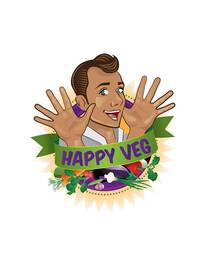
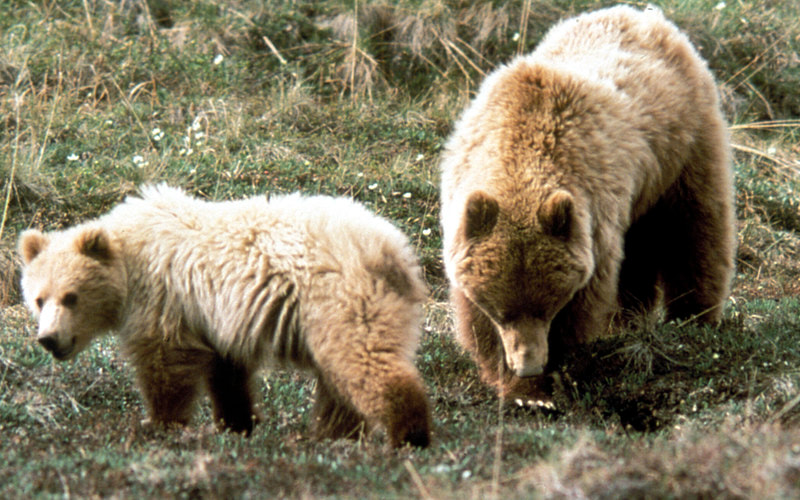
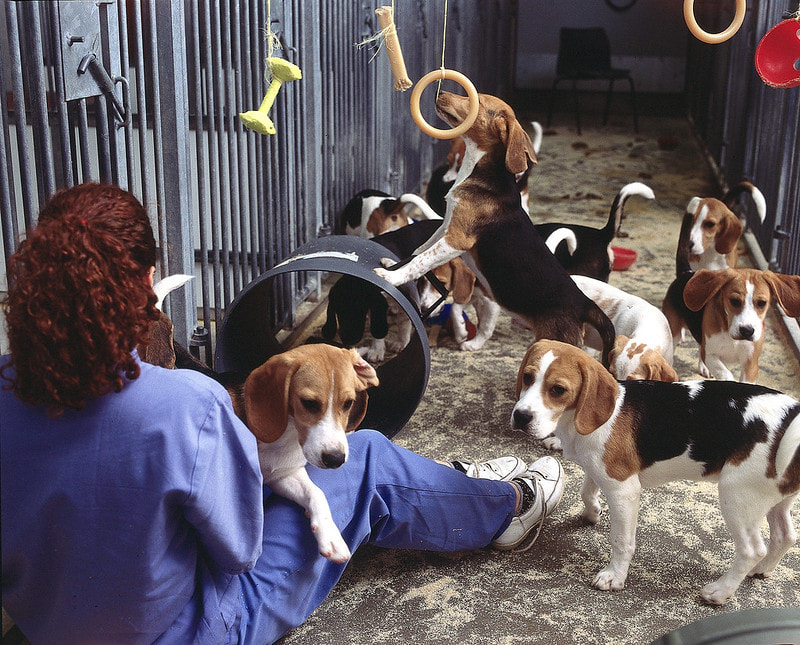
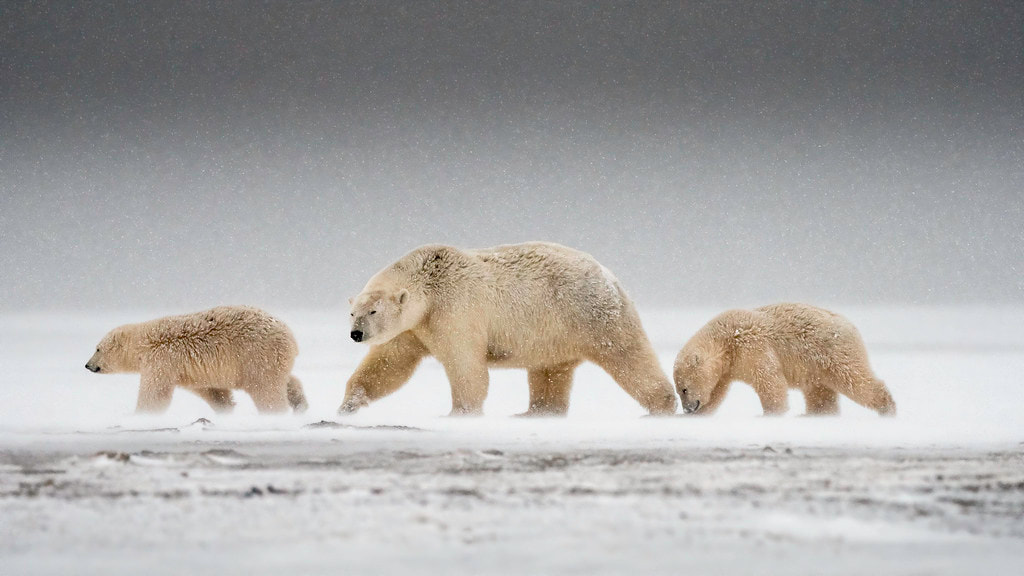
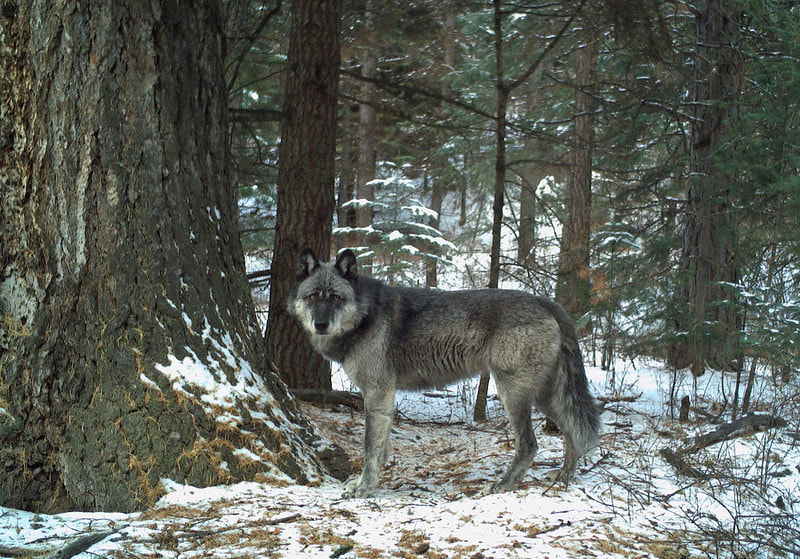
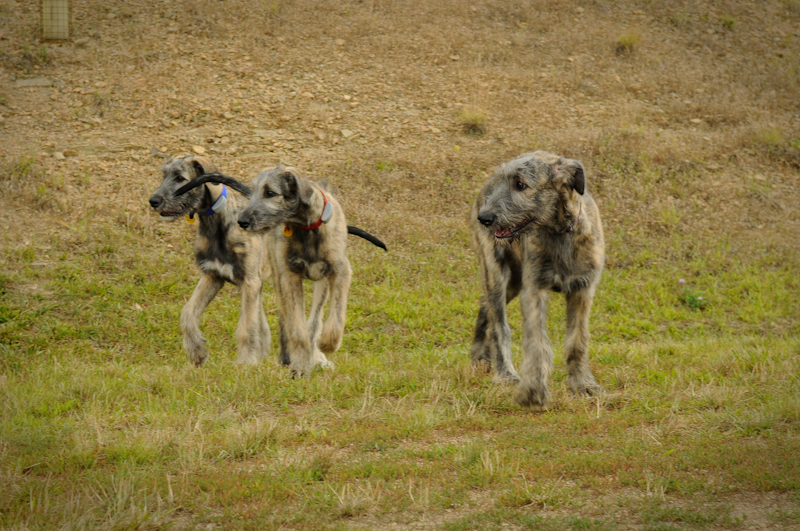
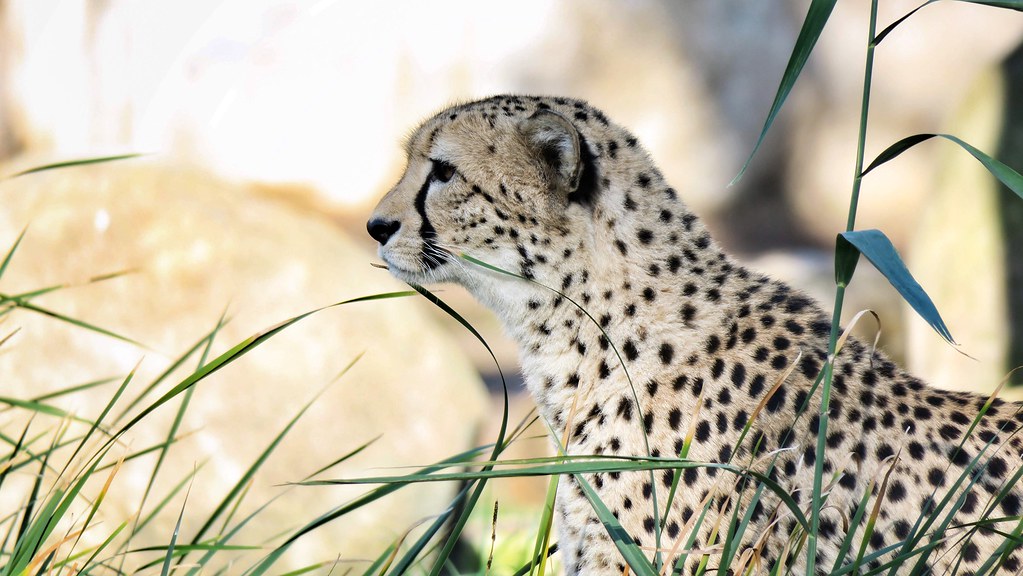
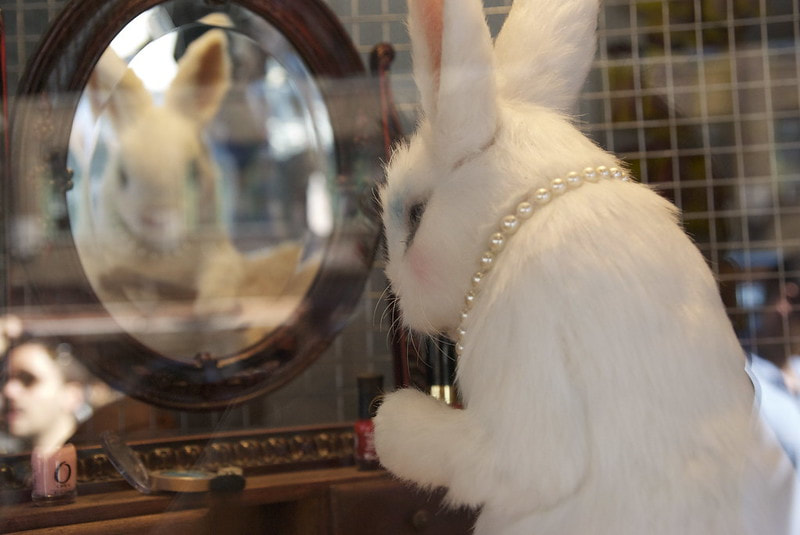
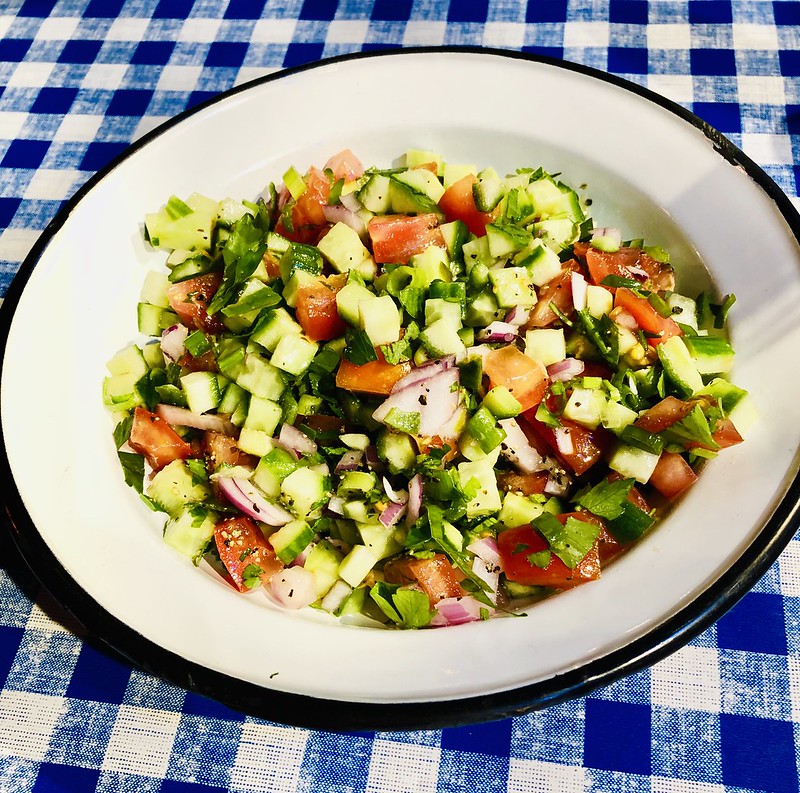


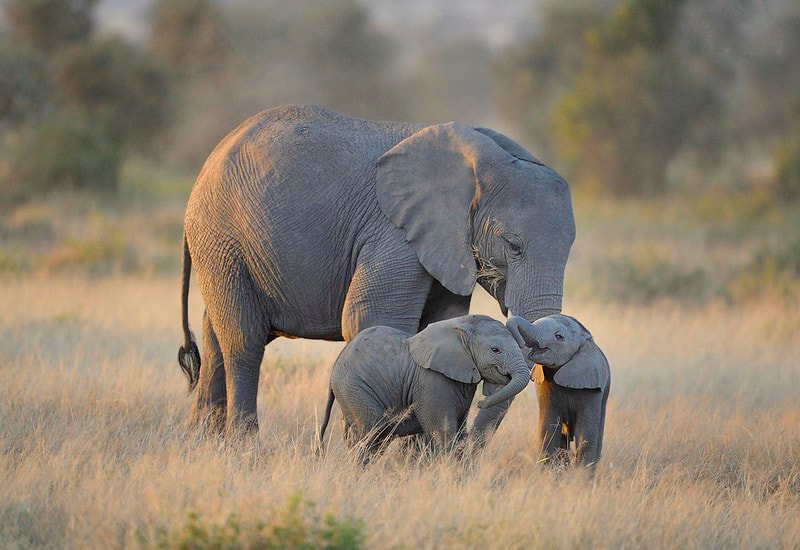
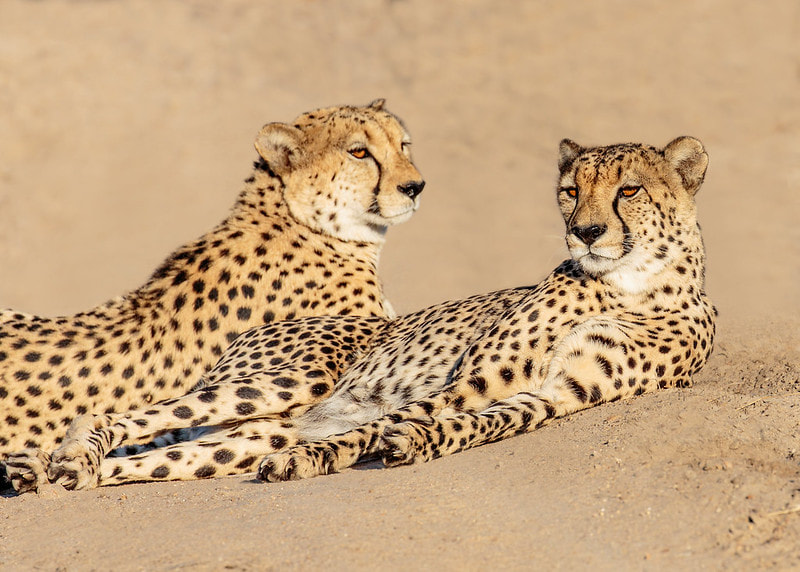
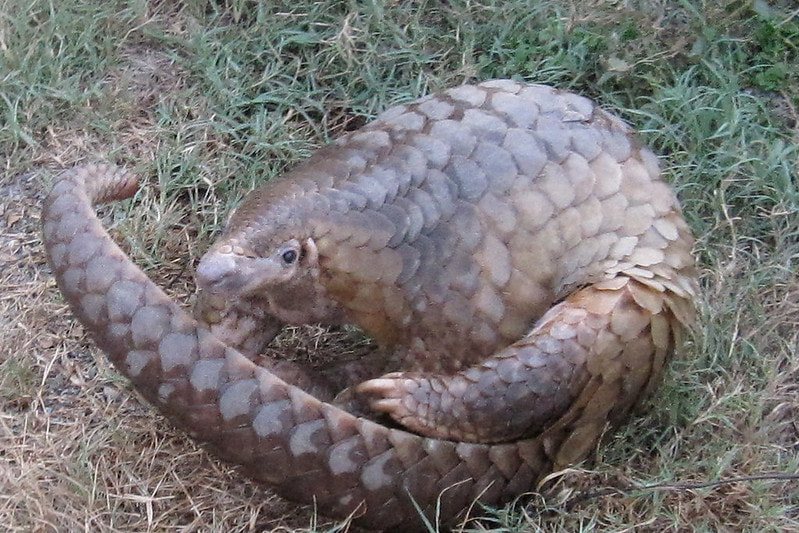
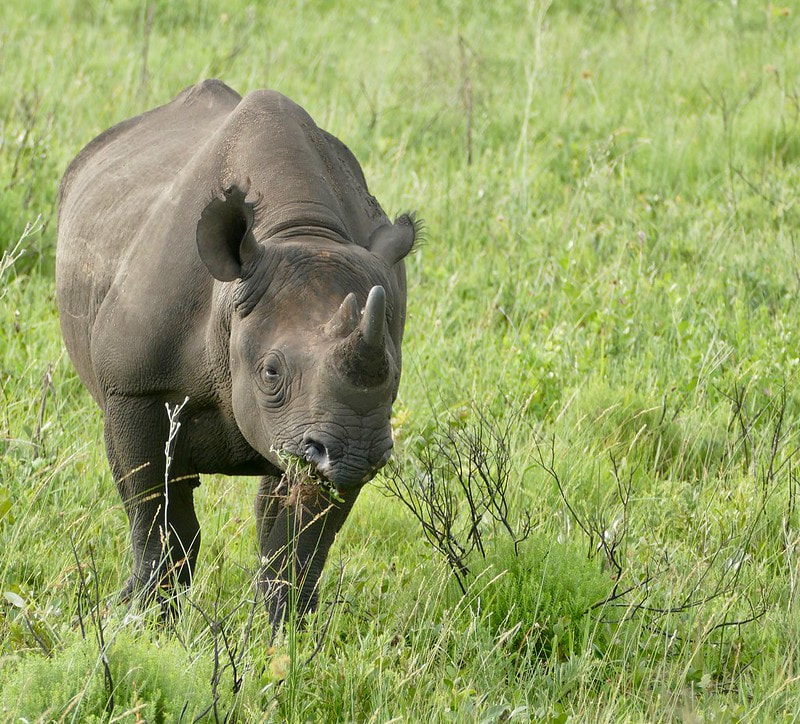
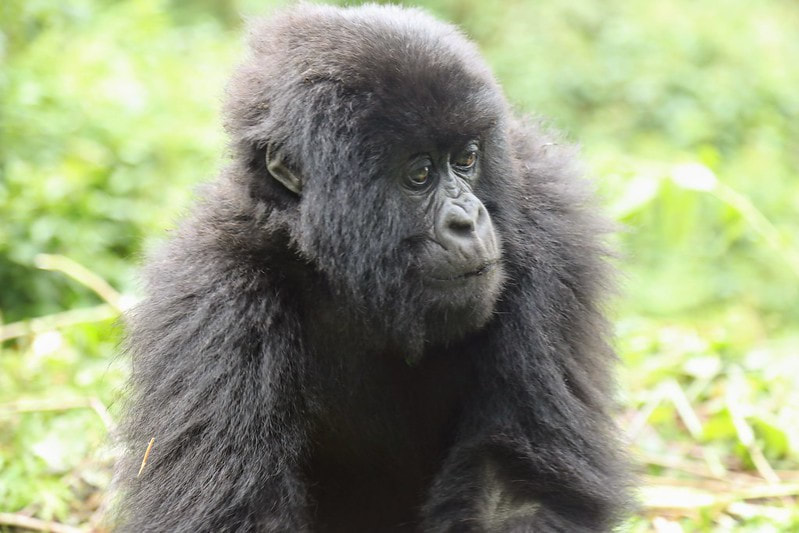
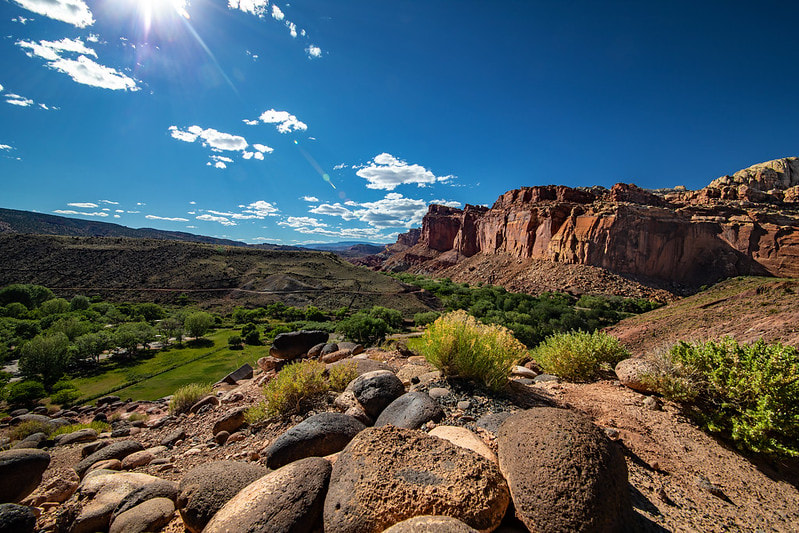
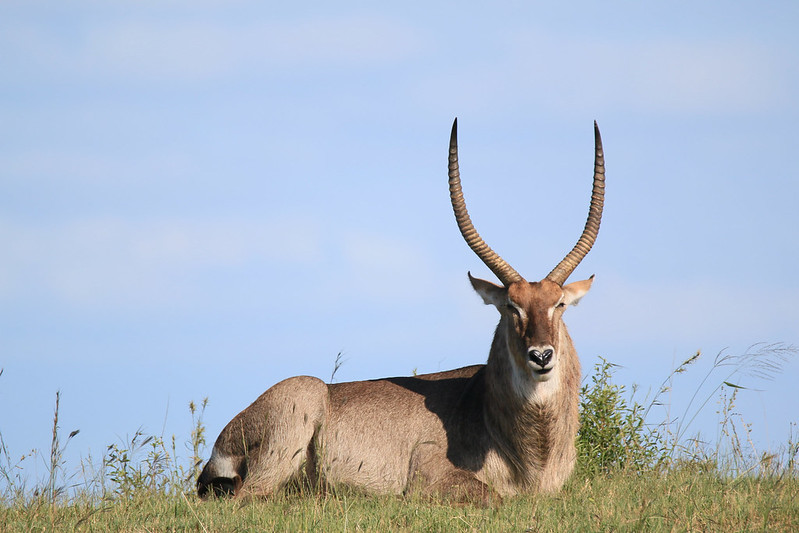
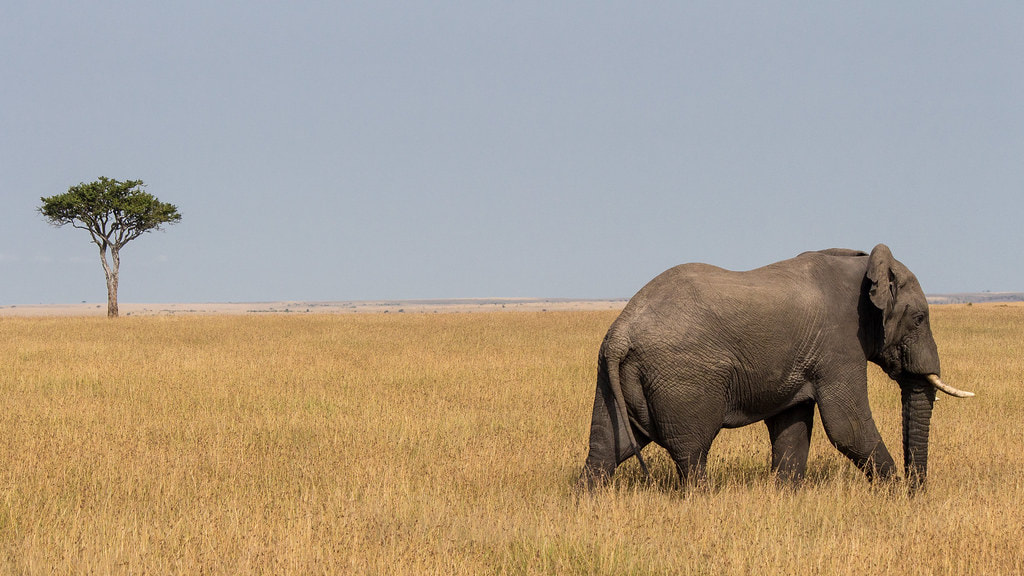
 RSS Feed
RSS Feed